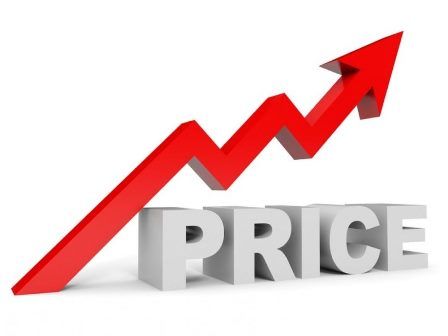
SA households could be spending an extra R480 on electricity from April
By: Dhivanah Rajgopaul – IOL Business
The average South African household could be spending as much as R480 extra on their monthly electricity bills from April, translating to an additional R5,760 each year on electricity costs.
This is according to Jean-Phillipe Ghyoot, business director, Alumo Energy.
Ghyoot crunched the numbers to demonstrate the growing impact that continuous double-digit tariff hikes are having on household budgets.
The National Energy Regulator of South Africa (Nersa) approved a 12.74% increase for 2024/2025 in January. This increase will impact Eskom customers from April 1, and municipal customers from July 1 this year.
This increase follows the 18.65% increase that was implemented in July last year.
Ghyoot said there is no sugar-coating the current situation in the country regarding the unreliable electricity provided by Eskom.
“We not only have an unreliable supply, but we are also facing a second front of attack in the form of ongoing price hikes,” Ghyoot said.
The impact of electricity price increases in real terms
Alumo has calculated how much an average five-member family, including three children, living in Pretoria will be paying for electricity from April compared to one, three, and five years ago.
Assuming this family consumes some 12,000 kWh per year, their bill at City of Tshwane would cost around R3,800 per month or R45,600 per year in terms of 2023/2024 rates.
The exact price adjustments at municipal levels following the April increase have yet to be announced.
However, should the price of electricity increase by 12.74%, they could be paying R4,300 per month or nearly R51,600 per year.
– Just three years ago, this same family would have been paying about R3,000 each month or R36,000 a year.
– Five years ago electricity for the family would have cost R2,500 per month or R30,000 per year.
In terms of the African continent, the cost of electricity in South Africa is much more expensive than other African countries.
According to GlobalPetrolPrices.com, the South African consumer currently pays 250% more than what the average Nigerian pays.
Electricity in Zimbabwe is 97% cheaper than ours; and only nine other countries on the continent are subject to higher tariffs than we are.
These regional calculations do not include the power hikes coming into effect next month.
News Category
- International retailers
- On the move
- Awards and achievements
- Legislation
- Wine and liquor
- Africa
- Going green
- Supplier news
- Research tools
- Retailer trading results
- Supply chain
- Innovation and technology
- Economic factors
- Crime and security
- Store Openings
- Marketing and Promotions
- Social Responsibility
- Brand Press Office
Related Articles

Empowering South African households through gro...

SPAR shares practical tips to beat food inflation

South African motorists could be paying up to R...

Big VAT changes on the cards


